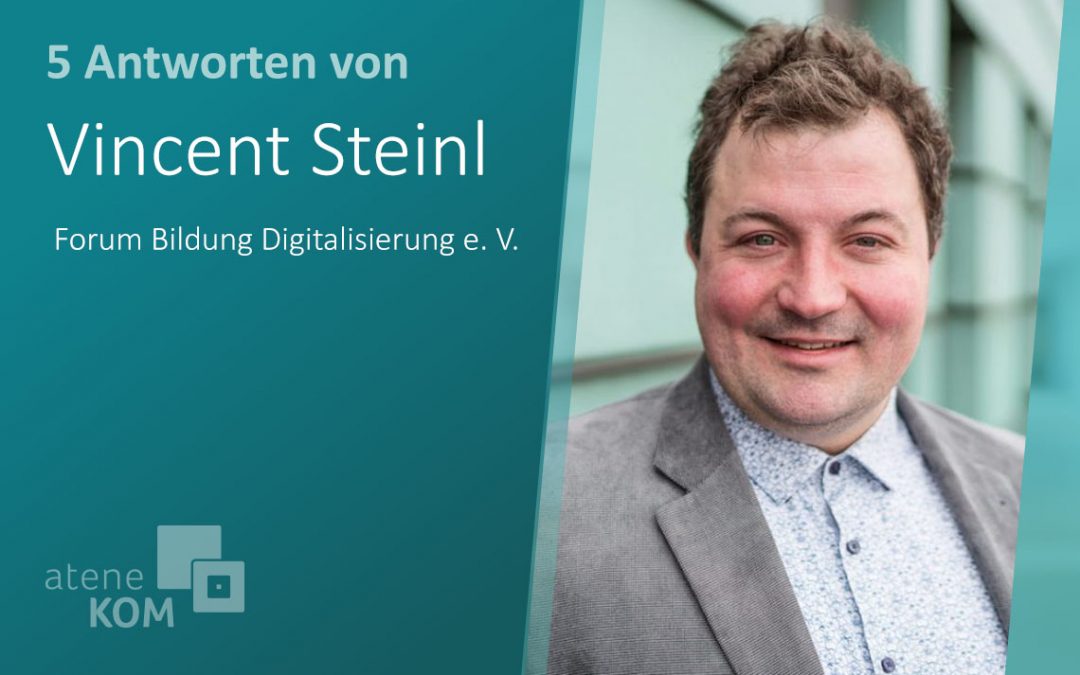aconium: How are digital technologies already being incorporated into the classroom in a meaningful way?
Vincent Steinl: It varies greatly because individual schools in Germany are developing at different speeds. At Forum Bildung Digitalisierung, we support around 60 schools that set out on the path to digitalization years ago. Most of these schools are already taking advantage of the many opportunities offered by digital technologies: Pupils edit videos, create photo collages and write blog posts. This creates the results of a learning process that can be presented to others. However, the new technological developments also enable self-directed learning. Higher-achieving learners can continue working on more challenging tasks, while weaker learners receive more support through learning software. Digitalization therefore allows for individualized learning in schools. aconium: What other forms can digital learning and working in schools take in the future? Steinl : There are already helpful digital applications that have unfortunately not yet really found their way into schools. This includes software for diagnosing learning success. Teachers can use it to evaluate the development status of individuals much better. In some cases, this software is already being used for mathematics in Germany. However, other countries are showing that it can also be used in all other subjects. One technological development that will also play a role in education in the foreseeable future is artificial intelligence (AI). AI can enable adaptive learning – in other words, it can create learning opportunities that are adapted to specific needs. We should already be looking at AI in education today in order to assess the true benefits of the technology for teaching. aconium: What are the risks of introducing digital technologies? Steinl : We must not downplay the risks of digitalization in education. Schools are already struggling with the negative consequences of digitalization. These include cyberbullying and a decline in children’s ability to concentrate, for example. More and more schools are noticing this. Nevertheless, we should not be afraid of the consequences of digitalization. What’s more, technological developments can no longer be stopped by anyone. aconium: How do you think these risks can be minimized? Steinl: We need to develop educational concepts – for example, for social learning to counteract cyberbullying. But we also need to create the right framework conditions: We need more freedom in schools so that teachers have more time available for digitalization issues – on the one hand for problems such as cyberbullying, and on the other for the further development of the school. Educational institutions should constantly question themselves and their approach to digitalization.
aconium: What do you want for the education system of tomorrow? Steinl: The way schools see themselves needs to evolve. This concerns the relationships between teachers and students alike, the learning culture and individual support, but also the organizational structures of educational institutions. We also need a culture of the future in schools. Up to now, learning has mainly been based on the past – on what is written in textbooks and answer books. However, children should also deal with current problems or future questions for which there are no concrete answers yet. In this way, learners are better prepared for the digital, rapidly changing professional world and life in an increasingly digitalized society. Further background information on digital education can be found in the dossiers on digitalization from aconium GmbH:

